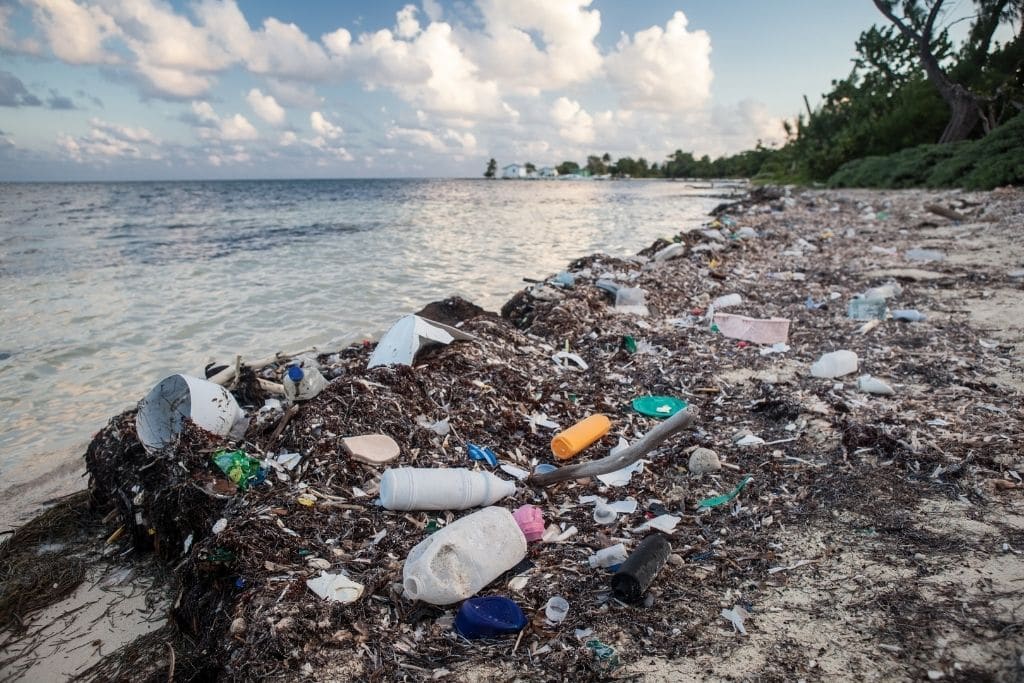One of the country’s strictest rules on single-use plastic packaging will require a 25% cut in production within the next decade, more recycling efforts, and manufacturers to be held accountable for plastic pollution in California.
—
Last week, Governor Gavin Newson signed a landmark plastics law aimed at tackling the pressing issue of plastic pollution in California, one of the country’s strictest regulations on single-use plastics to date.
The state is not banning single-use plastics outright. Instead, the law requires all packaging to be recyclable or compostable, a 25% cut in production by 2032 as well as 65% of all single-use plastic packaging – including paper and metals – to be recycled in the same timeframe. Companies that fail to comply with the new regulations could face fines of up to $50,000 a day.
The sweeping law also includes measures to hold polluters accountable: over the next 10 years, plastic producers and manufacturers must pay US$5 billion into a fund that the state will use to finance conservation efforts, mitigate the effects of plastic pollution on the environment and human health, and tackle plastic pollution in the ocean.
Every year, more than 8 million tonnes of plastic enter the oceans, equivalent to approximately 60% of all plastic produced worldwide. Half of it is single-use plastic. Roughly 40% of the ocean’s surface is now covered in plastic debris and if we do not cut production immediately, it is estimated that by 2050, there will be more plastic than fish in the ocean.
In August 2014, California became the first state to enact legislation imposing a statewide ban on single-use plastic bags at large retail stores. Other states such as Hawaii and New York followed suit, imposing plastic bag bans on grocery stores and other retailers in 2015 and 2019 respectively. Recently, California also passed a law requiring retail stores to adopt an at-store recycling programme.
Despite being the country’s most ambitious plastic law to date, some environmental groups claim that the new regulation does not go far enough as the focus is exclusively on reducing plastic production. Without a total ban on production and consumption – many argue – plastic will continue to be sold and it will end up in landfills, something that the law still allows.
Plastic is set to outpace coal’s greenhouse gas emissions by 2030, with the production and incineration of plastic products already accounting for 232 million tons of planet-warming emissions each year.
The sweeping law to reduce plastic pollution in California came on the same day that the US Supreme Court limited the federal government’s ability to reduce pollution and tackle climate change.
You Might Also Like: US Supreme Court EPA Ruling Crimps Climate Agenda, ‘Takes Country Backwards’ in Climate Change Fight


















